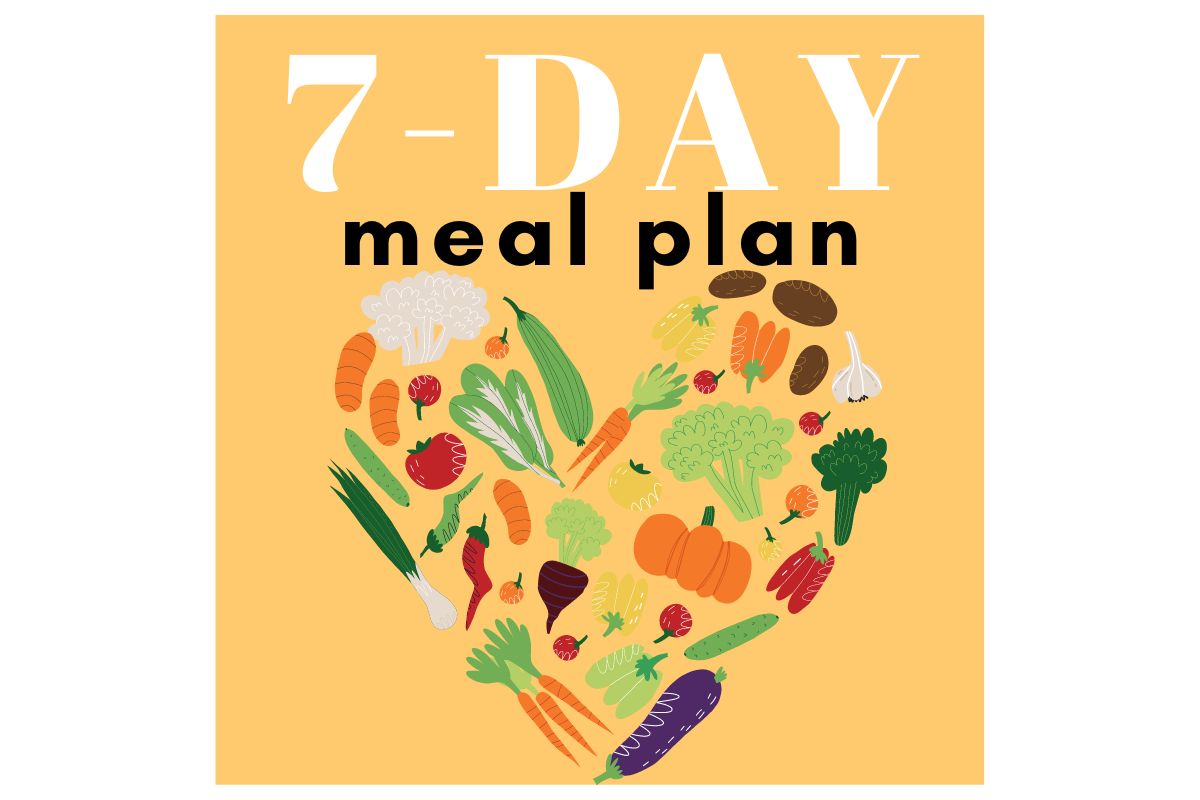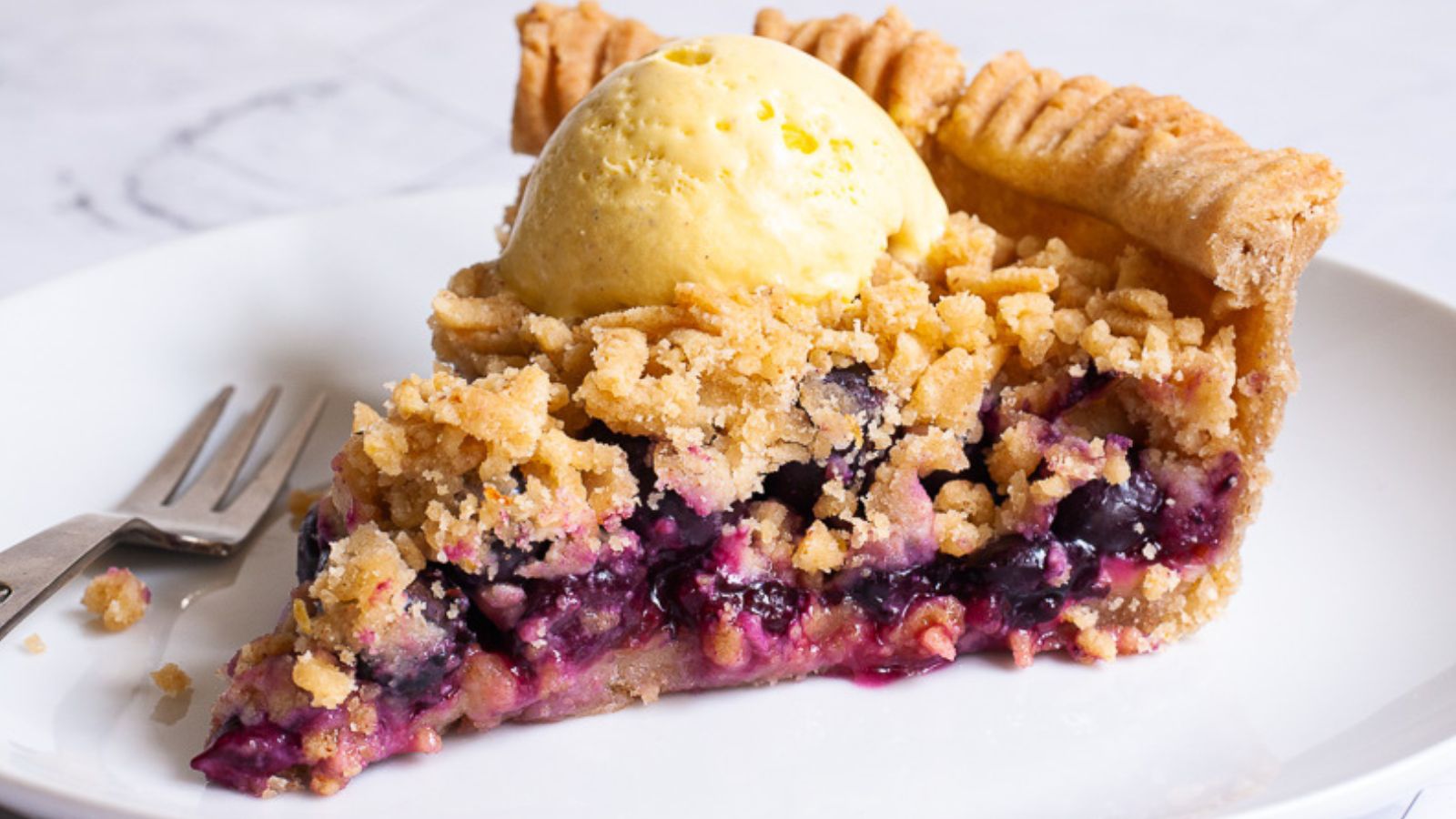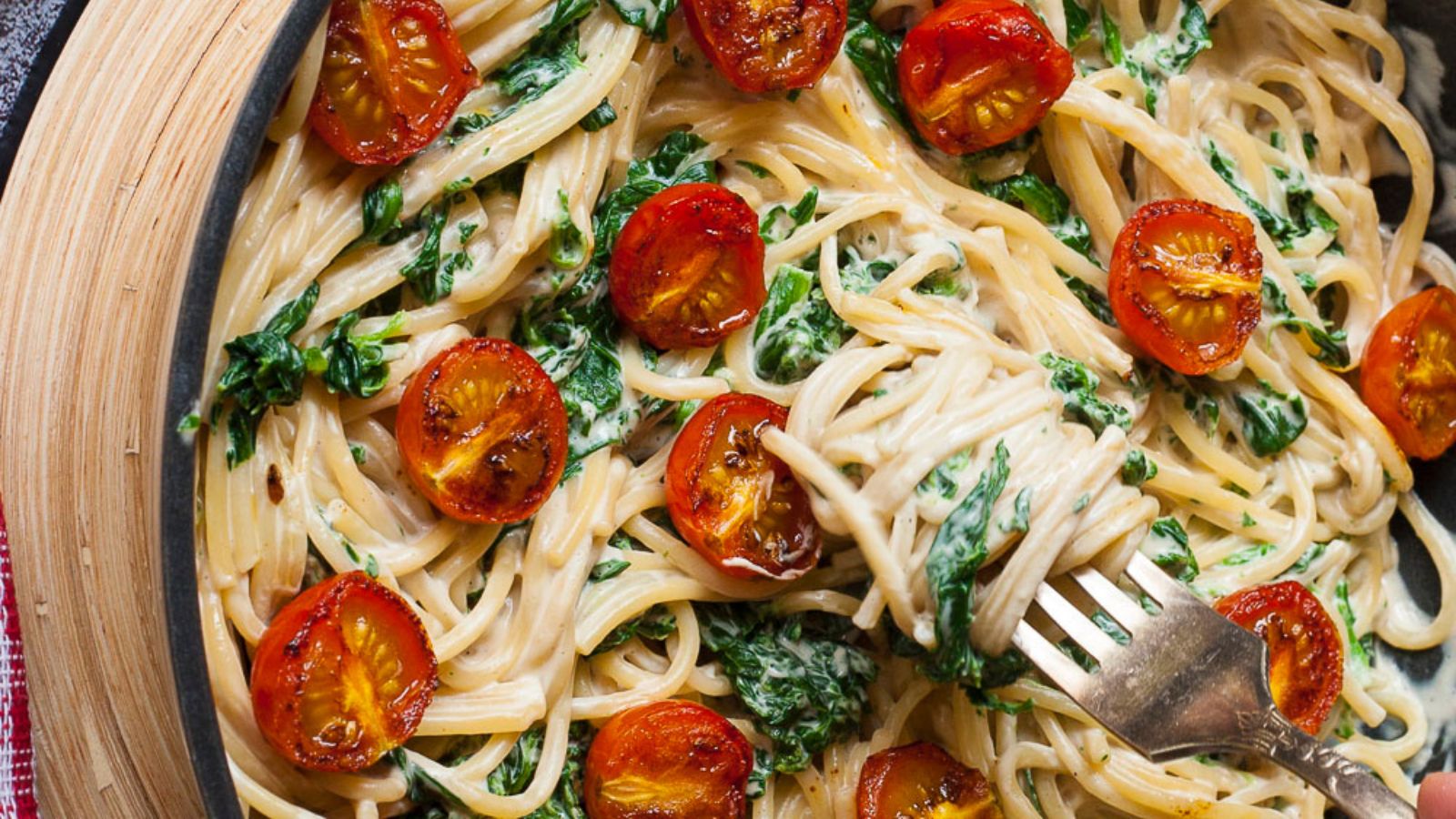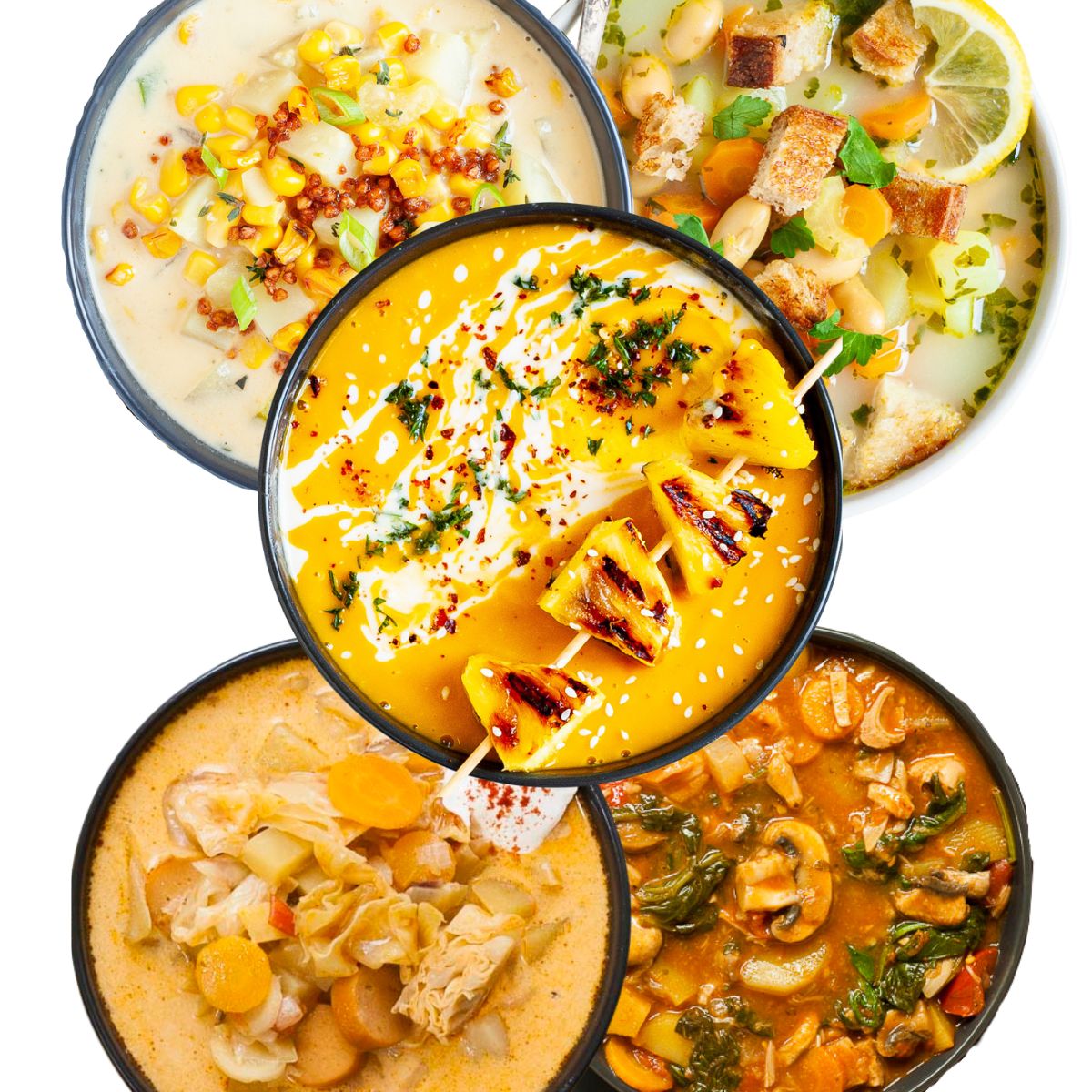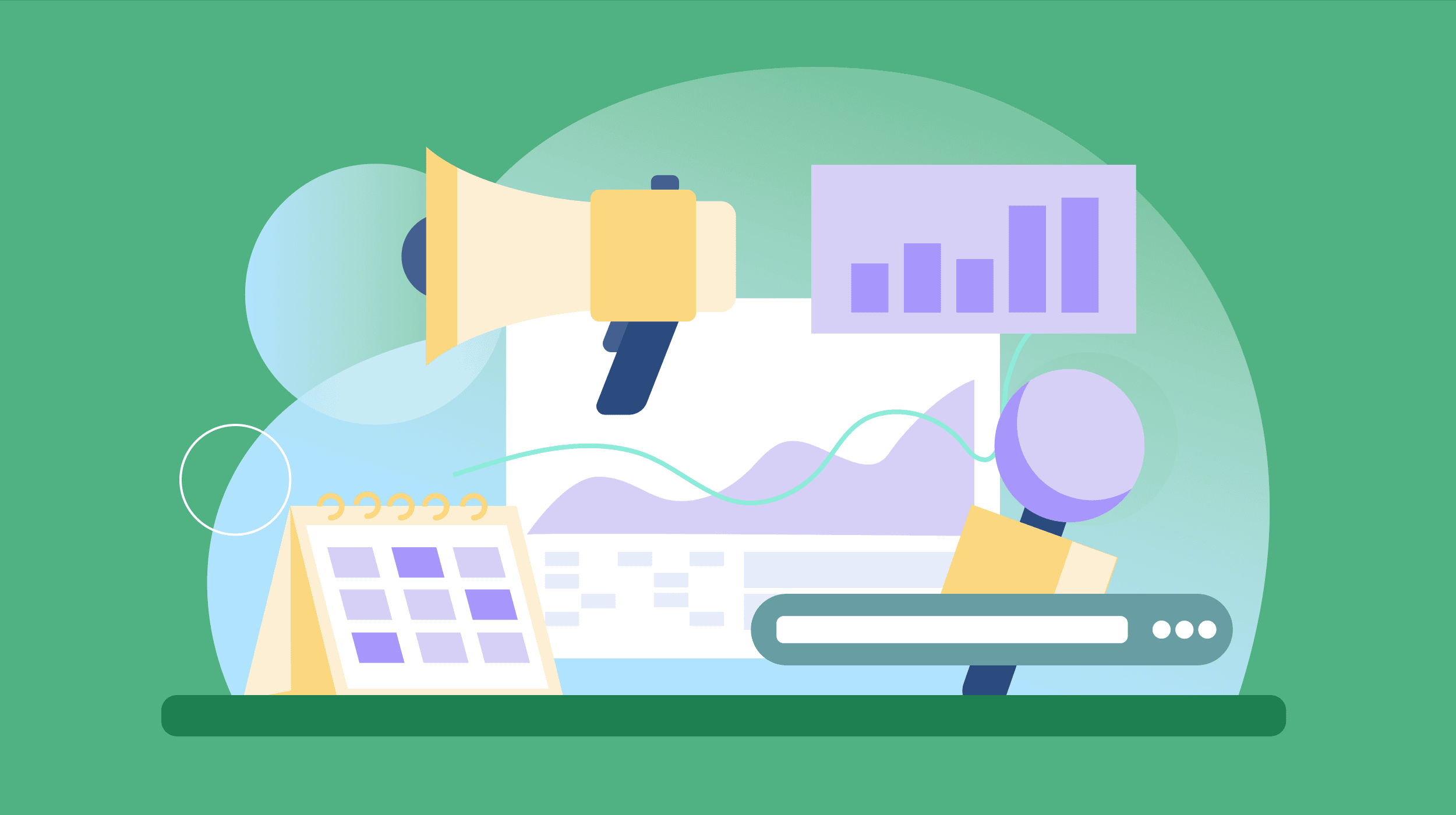15 Foods Americans Should Not Consume Any Longer
Are you tired of feeling sluggish and weighed down after meals? Do you want to make a change for the better in your eating habits? Here are fifteen foods you should reconsider consuming in your daily diet. Don’t be...

Are you tired of feeling sluggish and weighed down after meals? Do you want to make a change for the better in your eating habits? Here are fifteen foods you should reconsider consuming in your daily diet. Don’t be fooled by their popularity or convenience – these items may be doing more harm than good to your mind and body. But don’t worry – there are plenty of healthier and tasty alternatives to explore. Let’s take control of our health and wellness together!
Sugary Drinks (e.g., Sodas, Sweetened Teas)
 Image credit: Canva Pro.
Image credit: Canva Pro.Consuming sugary drinks can lead to weight gain, increase the risk of type 2 diabetes, and contribute to heart disease. They’re packed with added sugars and offer no nutritional benefits.
Processed Meats (e.g., Bacon, Sausage, Hot Dogs)
 Image credit: Canva Pro.
Image credit: Canva Pro.These are high in sodium and preservatives, which are linked to heart disease, diabetes, and an increased risk of certain cancers. Regular consumption can have significant negative health impacts.
Trans Fats (Found in Some Margarines, Packaged Baked Goods)
 Image credit: Canva Pro.
Image credit: Canva Pro.Trans fats raise bad LDL cholesterol levels while lowering good HDL cholesterol, significantly increasing the risk of heart disease. They are considered harmful even in small amounts.
White Bread and Refined Grains
 Image credit: Canva Pro.
Image credit: Canva Pro.White bread and refined grains are stripped of fiber, vitamins, and minerals, leading to blood sugar spikes and potential overeating. They’re less satisfying and nutritious compared to whole grains.
Frozen Meals (High in Sodium and Preservatives)
 Image credit: Depositphotos.
Image credit: Depositphotos.Often loaded with sodium and preservatives, frozen meals can contribute to high blood pressure and long-term health issues. They usually lack the nutritional value of fresh, whole foods.
High-Calorie Fast Food (e.g., Burgers, Fries, Pizza)
 Image credit: Canva Pro.
Image credit: Canva Pro.Fast food is typically high in calories, saturated fat, and sodium, which can contribute to obesity and cardiovascular diseases. It offers little in terms of essential nutrients.
Candy and High-Sugar Sweets
 Image credit: Canva Pro.
Image credit: Canva Pro.These provide empty calories and are a major contributor to weight gain and dental problems. The high sugar content can also lead to energy spikes and crashes.
Highly Processed Snack Foods (e.g., Chips, Crackers)
 Image credit: Depositphotos.
Image credit: Depositphotos.Such snacks are calorie-dense and high in unhealthy fats and sodium but low in essential nutrients. They can contribute to weight gain and other health issues.
Deep-Fried Foods (e.g., Fried Chicken, French Fries)
 Image credit: Depositphotos.
Image credit: Depositphotos.Deep-fried foods are rich in unhealthy fats and calories, and they can contain harmful trans fats. Regular consumption is linked to an increased risk of heart disease.
Artificially Sweetened Low-Nutrient Foods (e.g., Diet Soda)
 Image credit: Canva Pro.
Image credit: Canva Pro.These can lead to an increased craving for sweets, potentially leading to weight gain and metabolic syndrome. Despite having fewer calories, they don’t necessarily promote weight loss.
Heavy Cream-Based Sauces and Dressings
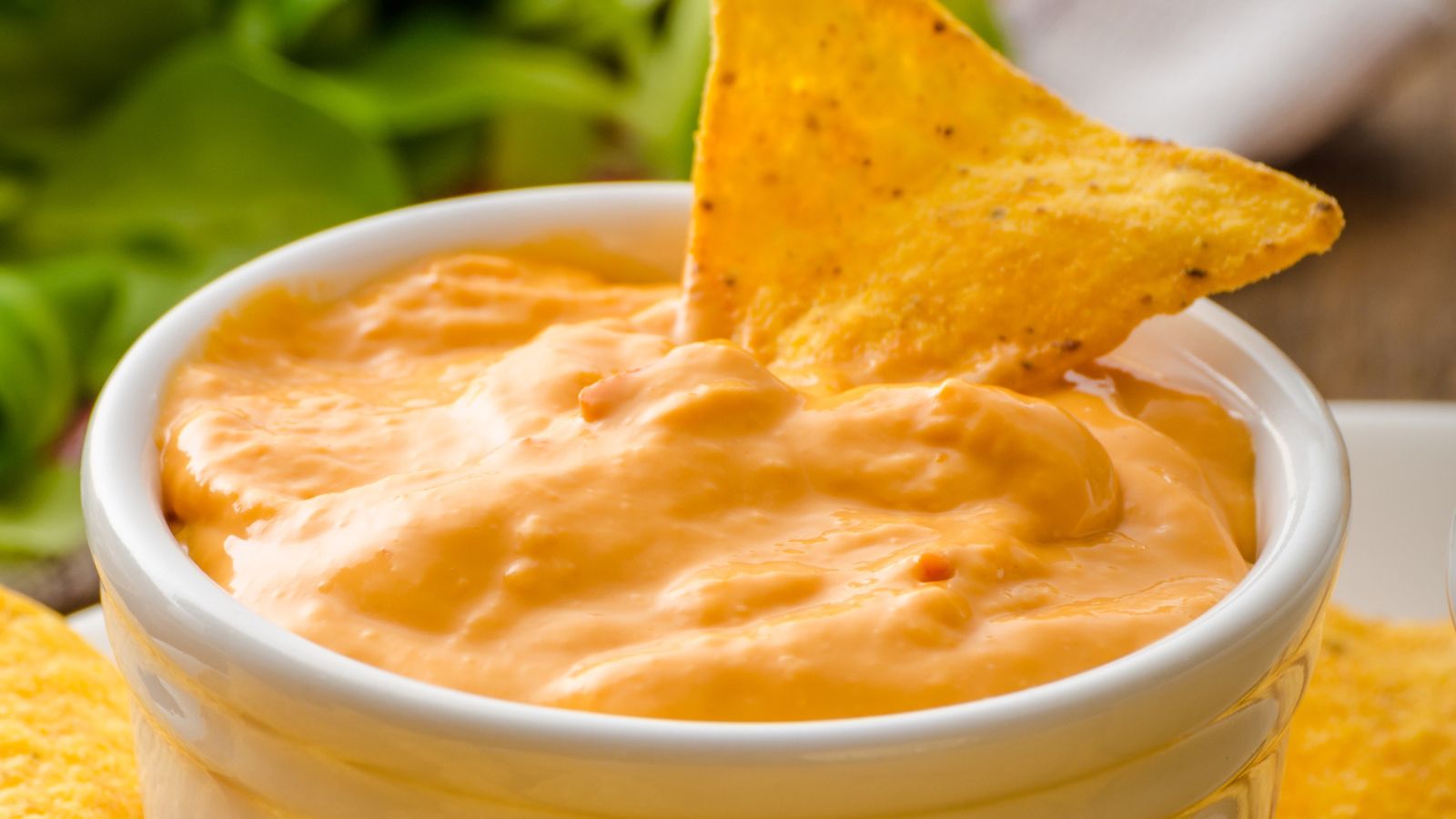 Image credit: Depositphotos.
Image credit: Depositphotos.Loaded with saturated fats and calories, these can contribute to weight gain and high cholesterol levels. They’re a poor choice for heart health.
Energy Drinks
 Image credit: Canva Pro.
Image credit: Canva Pro.High in caffeine and sugar, energy drinks can lead to heart palpitations, anxiety, and sleep disturbances. They pose significant health risks, especially when consumed in large amounts.
Pre-packaged Cakes and Baked Goods
 Image credit: Canva Pro.
Image credit: Canva Pro.These often contain trans fats, high levels of sugar, and preservatives, contributing to heart disease and other health problems. They’re not a healthy choice for a snack or dessert.
Ice Cream and Full-Fat Dairy Desserts
 Image credit: Canva Pro.
Image credit: Canva Pro.High in saturated fats and sugars, these desserts can lead to obesity and cardiovascular diseases. They’re calorie-dense and should be consumed in moderation.
Cereals with High Sugar Content
 Image credit: Canva Pro.
Image credit: Canva Pro.Such cereals can contribute to obesity and health issues related to high sugar intake, especially in children. They offer little nutritional value and can lead to unhealthy eating habits.
15 Crappy Foods Americans Should Avoid Eating At All
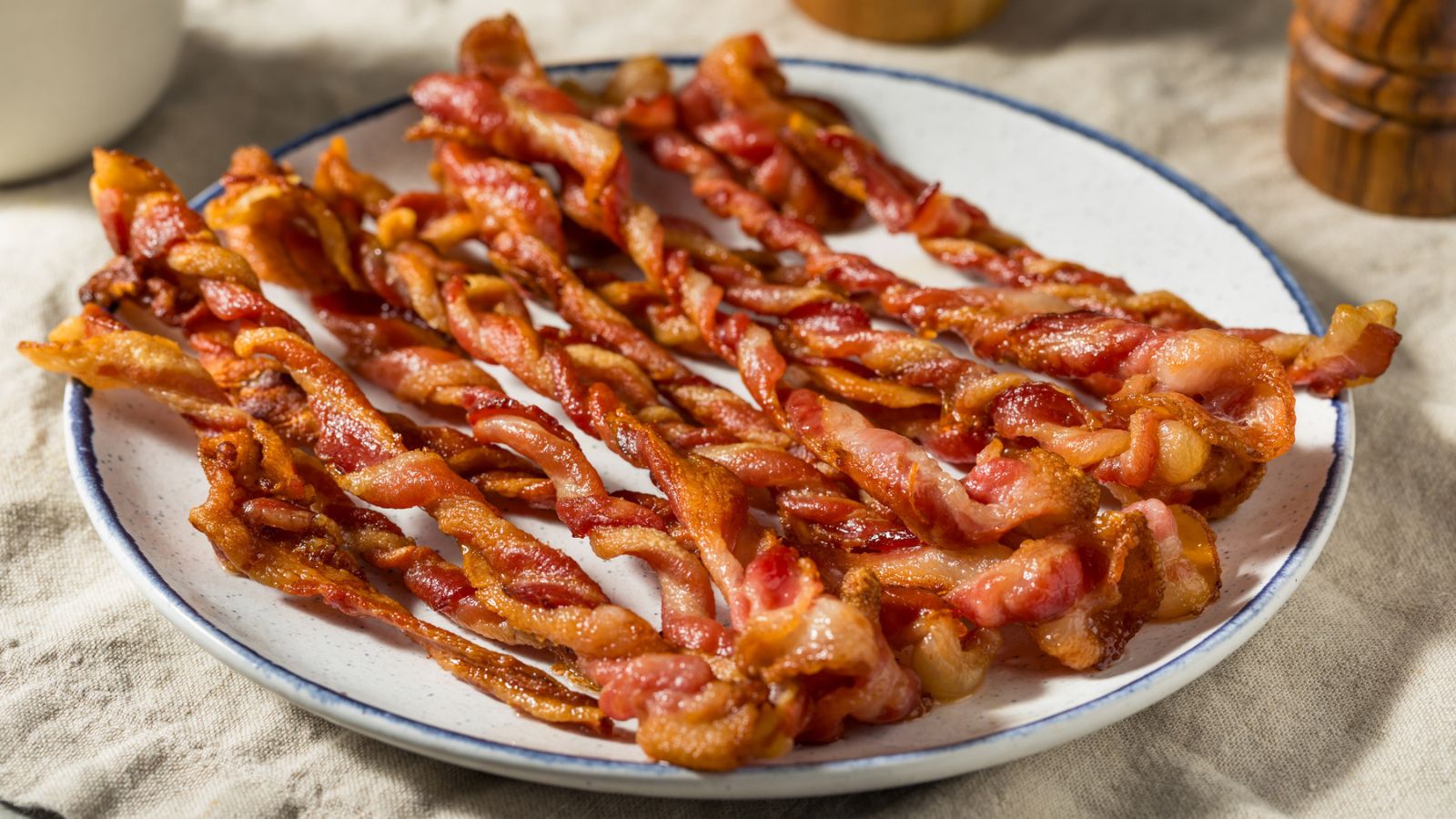 Image credit: Depositphotos.
Image credit: Depositphotos.15 Almost Lost Recipes From the ’60s and ’70s That Deserve a Comeback
 Image credit: Depositphotos.
Image credit: Depositphotos.15 Foods You Can Eat As Much As You Want Without Getting Fat
 Image credit: Depositphotos.
Image credit: Depositphotos.15 Strange Dishes From Medieval Ages People Had To Eat Back Then
 Image credit: Depositphotos.
Image credit: Depositphotos.
 Aliver
Aliver 